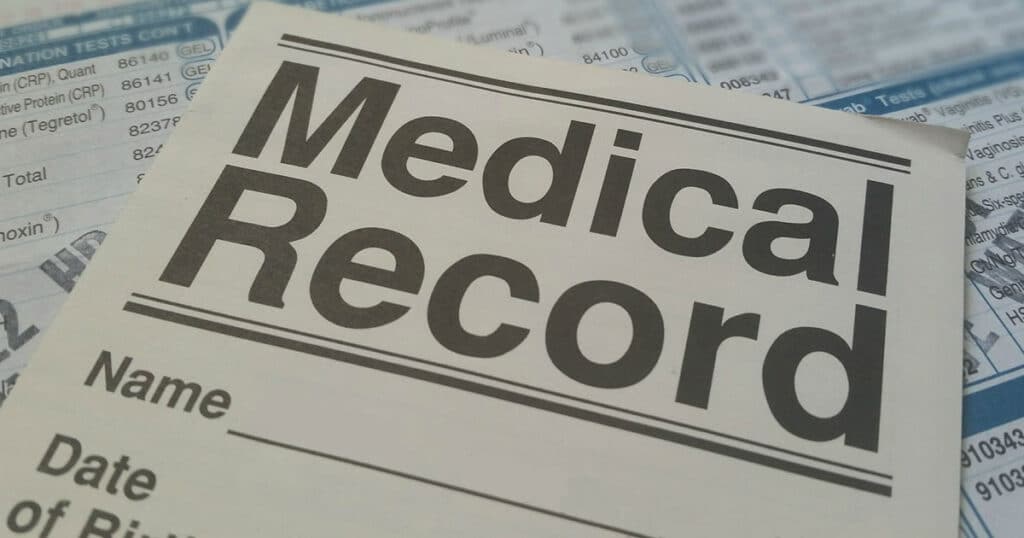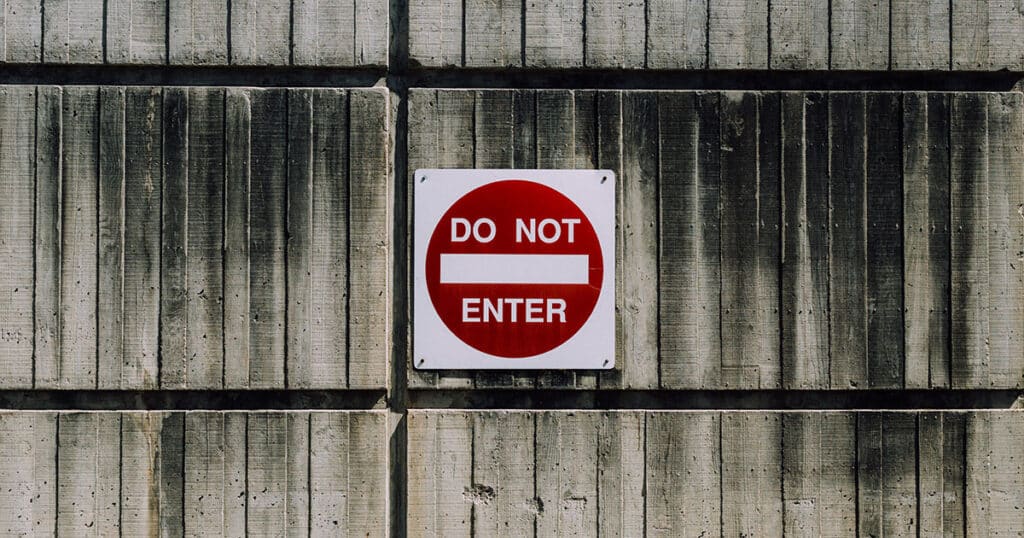The Federal District Court Process
Home » Applying for SSDI » The Federal District Court Process
Sometimes, people will go through all the stages of the benefit appeals process and be denied for their Social Security Disability Insurance (SSDI) or Supplemental Security Income (SSI) benefits. It may seem as though you are fighting a losing battle – however, all hope is not lost. You can still fight to receive disability benefits by taking your appeal to the federal courts.
It may seem challenging and frustrating to have been denied at every stage thus far. Given that you have already faced the initial application, reconsideration, appeals hearing and Social Security Appeals Council; it makes complete sense that you might feel like giving up at this point. If you are truly disabled and you cannot work or you are highly limited in the ability to work, you cannot give up.
You should understand the way this stage of the appeals process is different. You may have to pay to appeal your benefits to the Federal District Court. Keep in mind that a Federal Court attorney can help you waive the fee with the courts if you are eligible for the financial hardship requirements. They will also ensure that you file this appeal with the court within the limited time given to do so.
This stage of the appeals process is the most confusing and complicated. This is where an attorney experienced in this type of work can really help you. They will take care of filing the complaint, preparing and replying to the legal brief, and presenting oral arguments in front of the court. These documents contain highly sophisticated and complex legal language and requirements that must be carefully addressed by our team of knowledgeable advocates.
It is also important to understand that the outcome of this appeal will depend entirely on the briefs that are filed and oral arguments.
Possible Outcomes
There are three possible outcomes that the federal judge will decide:
One outcome is that the judge will agree with, or “uphold” the decision that was previously made by the Administrative Law Judge at your hearing. This means that the federal court has upheld the unfavorable decision from your hearing, and that you have been found not disabled.
Another option is that they will “remand,” or send back, your claim back to the Social Security Administration (SSA) for further review, and they typically will ask for additional information and/or medical evidence regarding your case.
Or, they can approve your benefits claim.
Important Considerations
It is important to consider that in 2018, only 48% percent of claims were approved by a Federal District Court judge. Another important fact to consider is that of those claims that are not approved, most will be sent back to the SSA for further review. This means that there is still hope even if you do not get approved by the federal court. Keep in mind that the decision from the federal court could take over a year due to the extremely high number of cases the Federal District Court receives each day.
More Important Information about The Application Process
Other Applying For SSDI FAQs:
- Do I need an advocate from Citizens Disability to help with my application?
- Does this process take as long as I’ve heard about?
- What is the “Compassionate Allowance” for SSDI?
- Can I receive both Medicare and Social Security disability benefits?
- Do I receive compensation while I wait for my approval?
- If I am denied, should I reapply?
- Are there any costs to me during the appeals process?
- What is Form SSA-827?
- What is Form SSA-1696?

Linda Cosme formerly served as a Member of the Appeals Council (AC) for the Social Security Administration (SSA), and Program Expert for the Social Security Administration and Disability Quality Branch (DQB). Ms. Cosme also served as a Quality Assurance (QA) Reviewer, Initial Disability Examiner, Reconsideration Disability Examiner, and Continuing Disability Examiner (CDR) for the Disability Determination Services (DDS). She is admitted to practice law in Arizona, Georgia, and the United States Ninth Circuit Court of Appeals.
It is easy to get started.
It is easy to get started. No upfront costs – You only pay if we win!
Oops! We could not locate your form.









